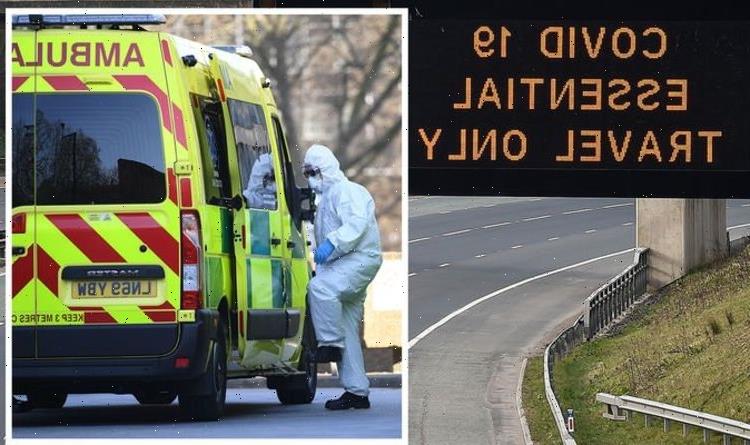A decision on interest rates is coming today – and if they rise it could hit the pockets of millions of households.
There have been hints in recent weeks that the Bank of England will increase its base rate of interest from its current record low of 0.1 per cent.
For example, in the Autumn Budget, Chancellor Rishi Sunak said he had recently written to the Bank to remind it of its remit to keep inflation at 2 per cent.
Currently, inflation is tracking at around 3.2 per cent – it's highest level since March 2012.
Typically a rate rise can help reduce inflation because it stops people spending and borrowing as much.
Also, a number of banks have started increased their mortgages rates in anticipation of a rise.
If a hike does happen, it means repayments on credit cards, loans and mortgage could all rise.
Still, it could be a boon for savers who have been struggling to get a decent return on their money for years.
Here we look at why rates are set to rise and what it means for your finances.
Why are interest rates so low?
The Bank of England is in charge of setting interest rates.
It sets them based on what is best for the UK economy and what will help it meet its inflation target of 2 per cent.
Interest rates were slashed to 0.1 per cent in March 2020 in response to the outbreak of the Covid pandemic.
It was hoped that cutting rates would help shore up the economy, allowing banks to lend more money to support individuals and businesses across the country.
But interest rates have been low since the financial crisis in 2008.
Rates had hit 5.75 per cent in July 2007 but by March 2009 the Bank of England cut base rate to an unprecedented 0.5 per cent and it would be eight years before they would rise again.
Rates had started to edge up slowly in 2017 and 2018, but the onset of the Covid pandemic meant the Bank of England brought in emergency rates yet again.
Why are interest rates set to rise?
The Bank of England faces a delicate balance in keeping borrowing cheap enough to ensure businesses and individual can borrow money if they to, but not so cheap that they borrow excessively, which pushes inflation up.
Inflation rising is a major concern at the moment because it forces up the cost of everything from energy bills to the price of the food shop.
Households are already having to grapple with soaring bills and record high petrol prices.
It is estimated that inflation could add £180 a year to average family food bill.
And could hit families to the tune of £1,800 by the end of the year.
The Bank of England meets every month to decide on interest rates with the next meet set for November 4.
It is expected that at tomorrow's meeting it could vote in favour of a rise.
How will an interest rate rise affect me?
Higher mortgage costs will be the biggest impact of a rate rise for many families.
If you are on a tracker mortgage or standard variable rate (SVR) you will feel the effect almost immediately, as lenders are quick to pass on any increase.
If you have a loan or credit card you should also expect interest rates to get more expensive.
Overdraft rates on your bank account may also creep up if the base rate rises, but experts say it won't happen overnight.
Shifting your debt onto a 0% balance transfer card is a great way to avoid interest and pay off what you owe more quickly.
If your credit card provider raises its rates, you can reject it and close the account. You should be given 60 days to pay off what you owe.
But rate rises aren't all bad news, they also mean that savers might be able to get a better deal.
What can I do to prepare my finances?
Homeowners should check their mortgage rate and consider switching to a cheap deal while they're still available.
Some banks have already started hiking rates even before an official increase.
If 0.5 percentage points is added to mortgage interest it adds about £50 a month to the cost of a £200,000, 25-year mortgage, or around £120 a month extra to a £450,000, 25-year mortgage.
Some providers offer ultra-long deals which give you certainty over your repayments for as long as 40 years.
If you're thinking of getting a new savings account, it makes sense to wait until rates creep up – particularly if you're considering a fixed rate account that ties your money in for a certain period.
This is important because high inflation can erode away the value of any savings you have.
Shopping around on your other bills can help save money, even if they're not directly affected by interest rate rises.
MoneySavingExpert's Martin Lewis says you can save £500 on your car insurance by switching to a better deal, for example.
We pay for your stories!
Do you have a story for The Sun Money team?
Email us at [email protected]
Source: Read Full Article



